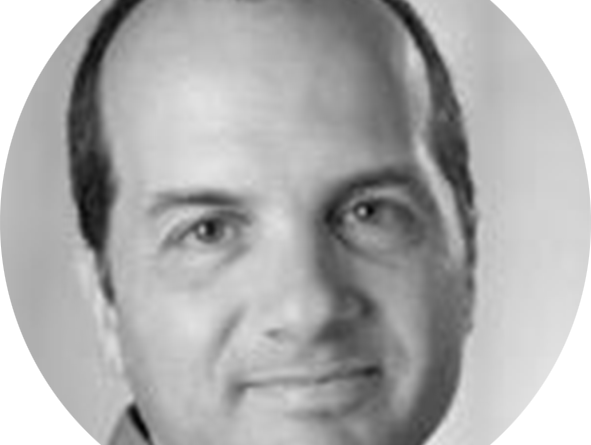Fellow Interview: Ignacio Mas
Periodically we’ll be interviewing Senior CEME Fellows to check in on their latest research, big questions they’ve been pondering and everything they’re keeping an eye on in the world. Today we spoke with Ignacio Mas, a consultant on mobile money and financial inclusion.
Check Out the Rest of Our Fellow Interviews
———-
Interviewer: What are the questions that keep you up at night around your current research/focus of interest?
IM: The issue I focus most on is how to get people to accept electronification of money from a storage of value point of view. It is clear that people find value in transferring money electronically. But for most money transfer systems even, if we call them mobile money, it is still a cash-to-cash service. It is someone bringing cash into a store, cash being taken out of the store at the other end, and what happens in between, to me, it is more of a business model issue. To me the big question is how do we go beyond payments to make people comfortable storing their value digitally where that is adding value to them. As a result having the benefit of storage value, safer, more private, but also to drive more electronic payments. I think there is a huge amount of hype happening around mobile money which is unjustified. It is not a realistic depiction of what is happening in the field. Mobile money even in Kenya is a very anecdotal use, because people use it maybe two or three times a month, it is not a daily thing.
Interviewer: What do you see in the developments and events around the world today that make your work relevant and timely?
IM: I do think that people want more of a sense of control over their money. Digital has an opportunity for doing that. More control because there should be much more flexible management of money when it is zeros and ones as opposed to when it is embodied in physical commodities. More control because sometimes I want more privacy, sometimes I want less privacy, so I can pick and choose much more how to run my financial life rather than be determined by a few physical products that happen to be around me like a cow, or some jewels, or what a bank happens to propose to me. I don’t necessarily aim for people to be managing their financial lives differently, I just want them to have better options so that the products fit their behaviors. Of course behaviors will change as a result, but I am very clear in my mind that what I want to see happen is for them to be offered better products — not for them to change their behaviors, necessarily.
Interviewer: Where do you see the greatest opportunities for impact for students who affiliate or work with IBGC?
IM: I think there is a bridging function that is missing. We have a lot of researchers doing massively detailed work and then you have practitioners doing massively simplified delivery of product. I think there are very few people who are able to bridge the two. There are too many people who go for the comfort of research, collecting lots of data without really asking what are we going to be doing about it? There are not enough people saying concretely the opportunities for improvement are this, this, this, and that. I think this bridging function is one where schools like this one should be very well positioned, with some rigor and based on solid evidence but geared toward causing actual change.
Interviewer: What is the most interesting book you have read recently?
IM: I really enjoyed two books about the history of money, one by an anthropologist (Debt the First 5,000 Years, by David Graeber) and the other by an economist (Felix Martin´s Money: The Unauthorised Biography).

